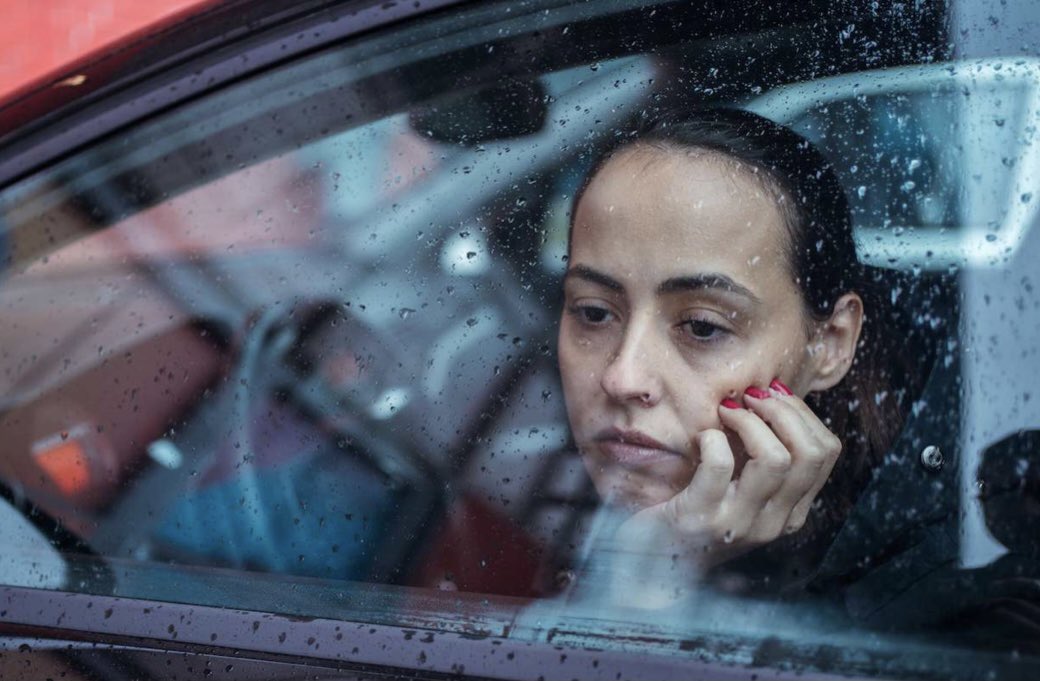Understanding Dissociation: How Our Brain Reacts to Danger
Dissociation happens when we lose track of time, our voice goes monotone, and we “space out”. Learn why our amygdala senses danger and how it can lead to a protection mode called Dorsal Vagal Shutdown. Explore how to heal from childhood trauma and become an autonomous adult.

Dr. Nicole LePera
#1 New York Times Bestselling Author “How To Do The Work”(https://t.co/HF3UY9ia4Q) Founder of @selfhealerscirc 👇🏼Join Waitlist 👇🏼

-
Dissociation happens when we lose track of time, our voice goes monotone, and we “space out.”
— Dr. Nicole LePera (@Theholisticpsyc) April 7, 2023
We’re physically present but mentally gone.
HERE’S WHY: pic.twitter.com/1qh2rnrtCs -
Our amygdala is the part of the brain that senses danger.
— Dr. Nicole LePera (@Theholisticpsyc) April 7, 2023
When our amygdala is activated, we go into protection mode. The brain has one objective: to survive. -
If we stay in activation (survival) state for extended periods, our body goes into Dorsal Vagal Shutdown. This is a protection mode because the mind can no longer be in the present moment.
— Dr. Nicole LePera (@Theholisticpsyc) April 7, 2023 -
This is called dissociation.
— Dr. Nicole LePera (@Theholisticpsyc) April 7, 2023
Dissociation allows us to function (seemingly) normally. But we also struggle to form memories or connect with people around us because we’ve left the body. -
Children who begin patterns of dissociation, will continue to dissociate as adults any time they are in a situation that triggers their core wounding.
— Dr. Nicole LePera (@Theholisticpsyc) April 7, 2023
This means we might *feel* threatened even in the absence of real danger. -
For example: a boss makes a critical comment, you meet someone very similar to an abusive parent, or you’re put on the spot when you didn’t expect it.
— Dr. Nicole LePera (@Theholisticpsyc) April 7, 2023
This is what “the body keeps score means.” -
The body sees these experiences as a threat to survival and our autonomic nervous system dissociated to protect us.
— Dr. Nicole LePera (@Theholisticpsyc) April 7, 2023 -
When we’re dissociated we:
— Dr. Nicole LePera (@Theholisticpsyc) April 7, 2023
- speak in monotone or a flat voice
- are disengaged and spaced out
- our posture shifts (shoulders hunched)
- we have minimal movement (freeze mode)
- don’t remember what happened
- feel foggy or confused -
If you’ve had long term dissociation you might not remember periods of your life, or people might tell you you don’t seem “all there.”
— Dr. Nicole LePera (@Theholisticpsyc) April 7, 2023 -
Healing patterns of dissociation means learning to stay in your body and sit with uncomfortable emotions. As well as moving the body to move the sympathetic energy.
— Dr. Nicole LePera (@Theholisticpsyc) April 7, 2023 -
Slow deep breathing will ground you in the body and send signals of safety to your body. This will help you stay in a parasympathetic state.
— Dr. Nicole LePera (@Theholisticpsyc) April 7, 2023 -
Safe relationships with a therapist, a partner, or close friends also help us heal because we can trust and vulnerable (no longer in threat mode.)
— Dr. Nicole LePera (@Theholisticpsyc) April 7, 2023 -
Coming out of dissociation feels like a thawing. Like you’re coming back to life after being frozen, shut down, or completely detached.
— Dr. Nicole LePera (@Theholisticpsyc) April 7, 2023 -
If you dissociate, share your experience in the comments with the community.
— Dr. Nicole LePera (@Theholisticpsyc) April 7, 2023
JOIN SELFHEALERS CIRCLE WAITLIST: https://t.co/CF7fkAC2g9
